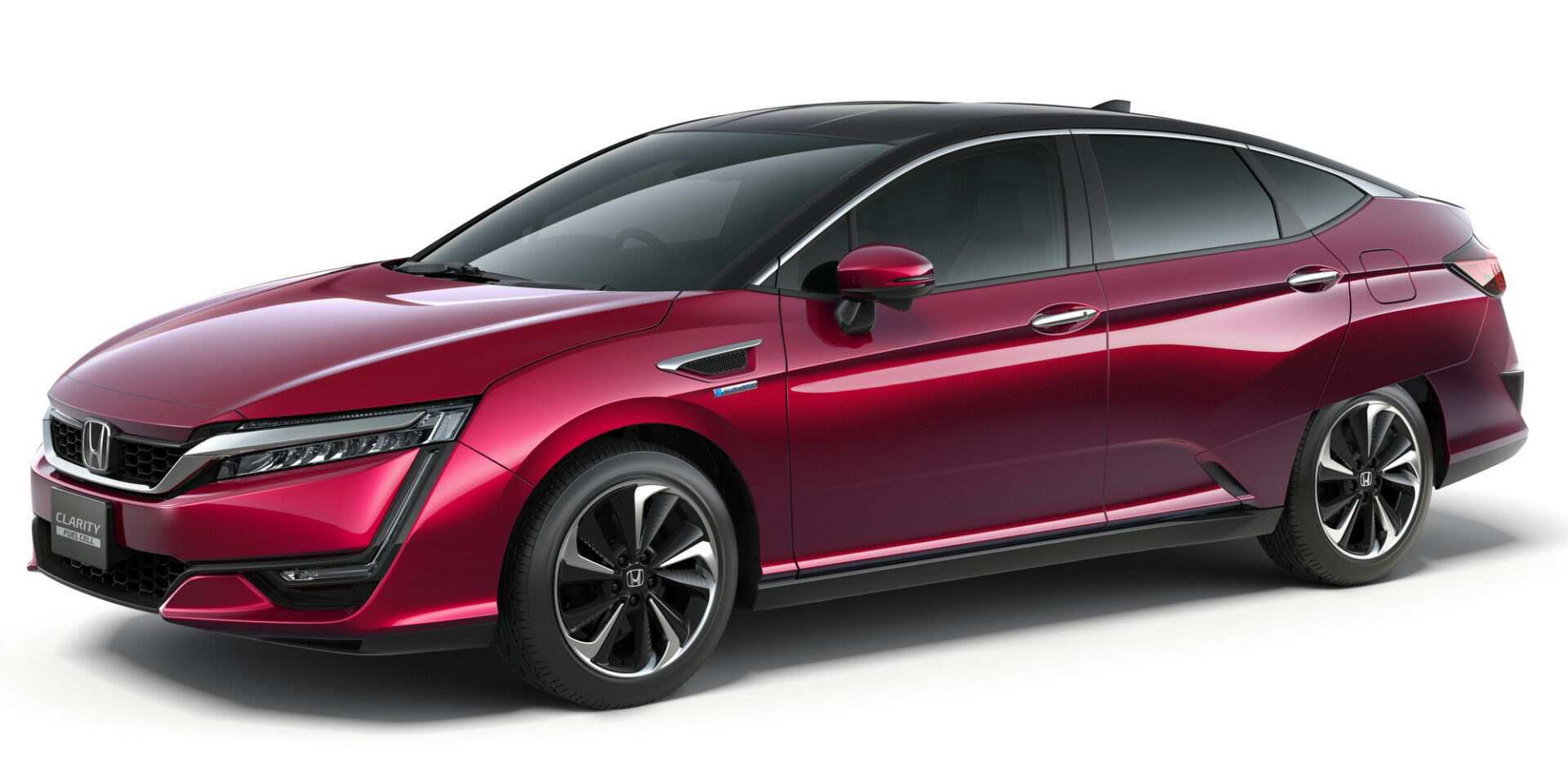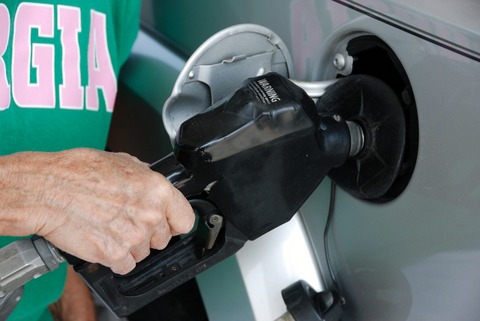Hydrogen Fuel Cell Cars Go On Sale in 2014!
Electric cars running on hydrogen, creating their own electricity as they drive, are officially no longer the cars of the distant future. As Hyundai Motor America president and CEO John Frafcik said last week: “The future is much closer than you think.” Come spring, you can go to a select Southern California Hyundai dealer (one near the growing hydrogen station infrastructure), put down $2999 and drive away in a Tucson fuel cell car, a compact SUV with water as its only tailpipe emission, a 300-mile range on a tank of free (for the life of the $499/month loan) fuel, and free Concierge Service (like that offered with the Equus model). Honda and Toyota will soon follow with their own fuel cell models.




